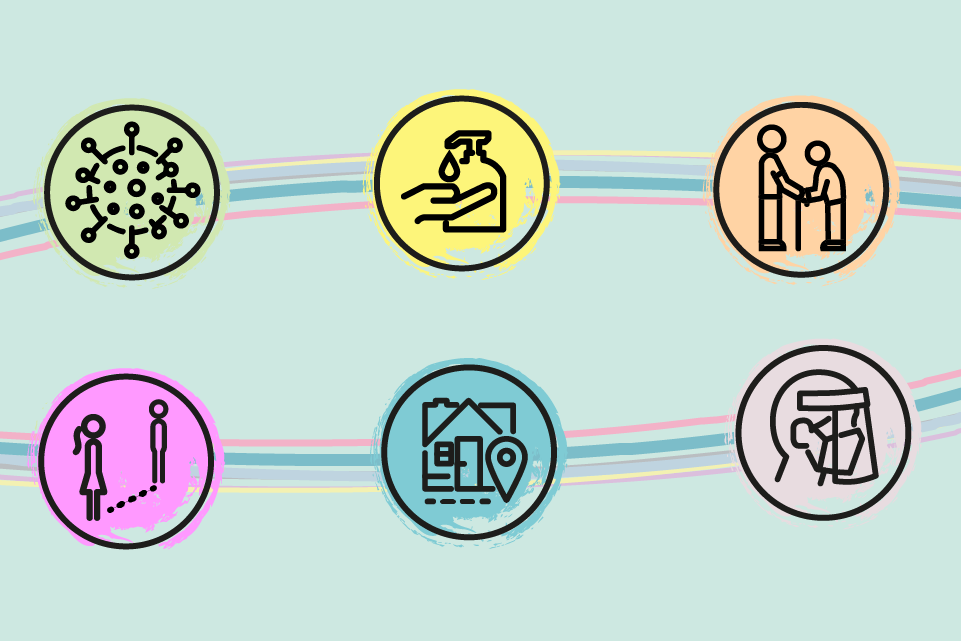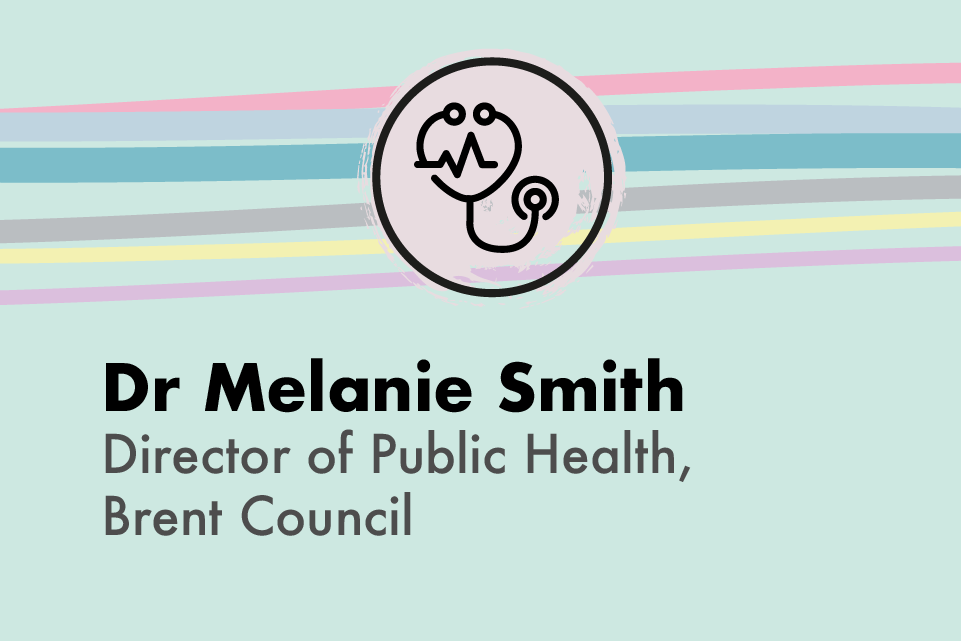An interview with Jennifer Connolly, Director of Public Health, Stockport Council
This is part of a series of interviews with public health directors, published on 19 April 2021.
The pandemic has been devastating – lives, livelihoods and liberties have been lost – but if there is one thing that has kept Stockport Director of Public Health Jennifer Connolly going it has been seeing people from all walks of life step up to play their part.
“It has been phenomenal to see,” she said. “Looking back over the past year there are so many examples of how people have gone that extra mile to help out. Council staff have been redeployed into unfamiliar roles, but have embraced it. We have librarians doing contact tracing.
“Local businesses have donated food and services. I remember when we were getting food parcels ready and one of the local bakeries turned up and donated 4,000 loaves of bread. This sort of generosity has continued ever since.
We have a volunteer hub for the vaccination programme so people can put themselves forward for duties such as marshalling. It has been inundated with offers of help.
“People who have lost jobs have volunteered their time or come forward for roles. We have a woman who works at one of the testing centres. She normally runs her own travel agency. She has great inter-personal skills so is a real asset down there.
“It has been really humbling to see everyone pull together – people at the council, from across our partners and the public and wider community. All this has happened while people have given up so much, children have been out of school, people have not seen their families and loved ones.”
Why the middle of pandemic was most difficult
But, of course, the past year has presented many challenges too. Mrs Connolly said the first wave was very difficult. “No-one knew at the start the scale of what was to come. I remember being told of the first case in early March. A number of other areas were seeing cases and then suddenly it took off. It had a devastating effect.”
But for her the hardest period in the pandemic in many ways was in late summer and early autumn last year. While most of the country was enjoying the lull in infections, the North West was battling relatively high rates.
“It was a difficult time,” said Ms Connolly. “As a director of public health you have to keep a focus on your job. My priority was giving clear information and explaining the evidence. But that was no mean feat when at one point we had four different sets of regulations in different parts of Greater Manchester.
Mrs Connolly said there are even signs history may be repeating itself with the North West again having higher rates than other parts of the country. “We don’t want a repeat of that situation and all the different tiers. It was very divisive – and we have to remember the region has faced pretty tough restrictions for quite a while. We have not been out of tier three or above since October.
“That has been hard for everyone. There have been some difficult days, but you just have to keep going. I love my job and that really helps with your resilience. And my colleagues in Stockport and across Greater Manchester have been fantastic too. We have all supported each other professionally and personally.”
‘I am cautiously optimistic for the future’
And now she said she feels more hopeful. While the last few months have been hard because of the surge in infections, hospitalisations and deaths in the new year, Mrs Connolly said it has undoubtedly been made easier because of the hope that surrounds the vaccination programme.
“It is wonderful when you think about it. To have these vaccines within a year of the pandemic is nothing short of astonishing. It has given everyone hope just when we have needed it.
“There are still risks ahead. There are the new variants and if we let infection levels rise, there are people who are not vaccinated. It is not just about mortality either, it is about morbidity too – there is Long Covid. We have to be careful and remember all the other tools we have - social distancing, hand hygiene and testing. If we can keep to all this, I am cautiously optimistic about the future.”
But that is a future which must have a greater focus on health inequalities, said Mrs Connolly. “I think Covid has shone the spotlight on this. We have just published a new borough plan and that is a key priority. Stockport is quite polarised – there are pockets of real affluence and real deprivation. The burden of Covid has fallen disproportionately on those living in the most deprived neighbourhoods – we have to address that.”



